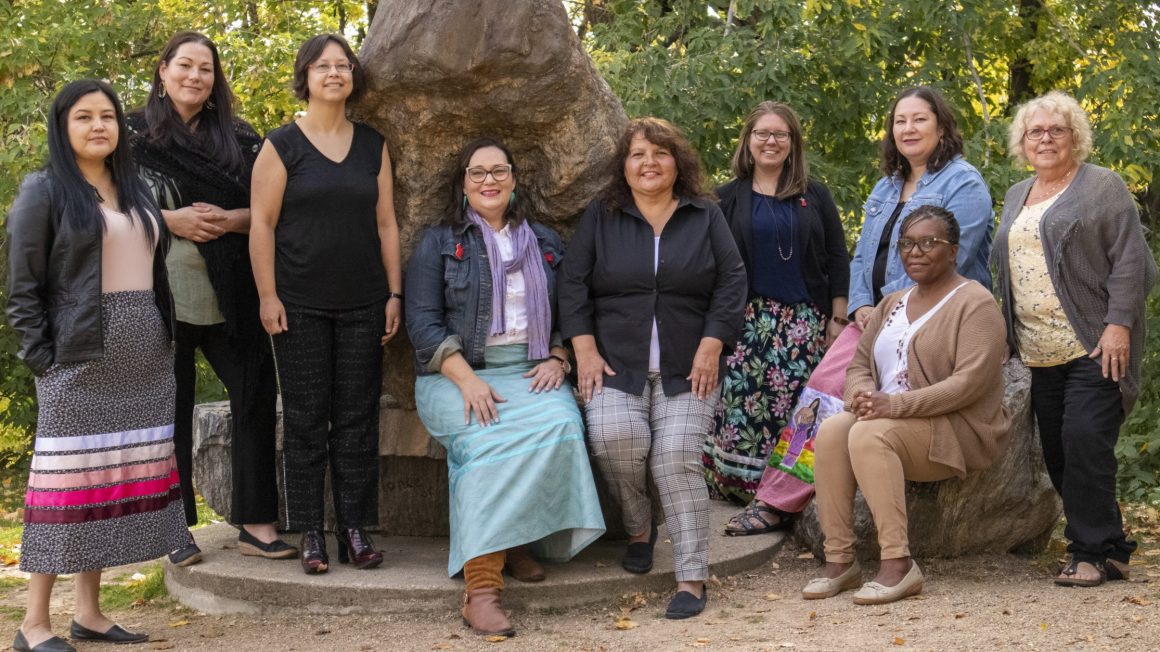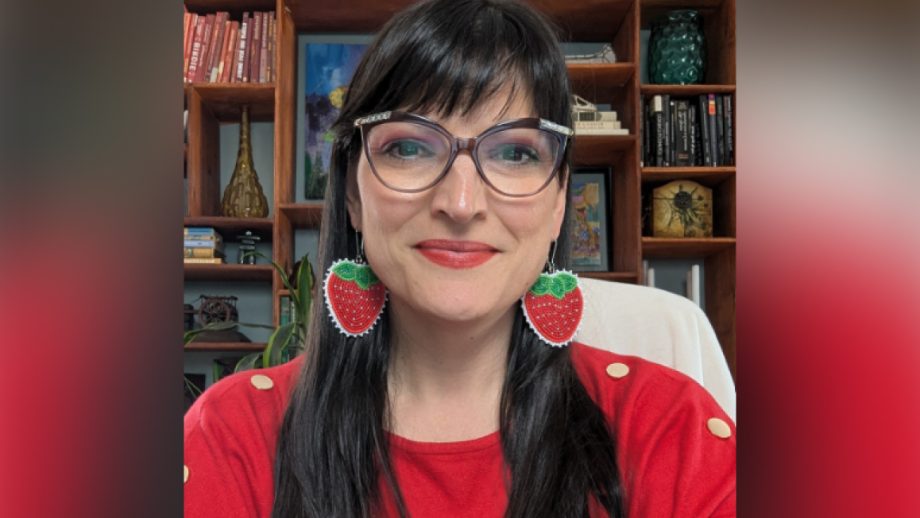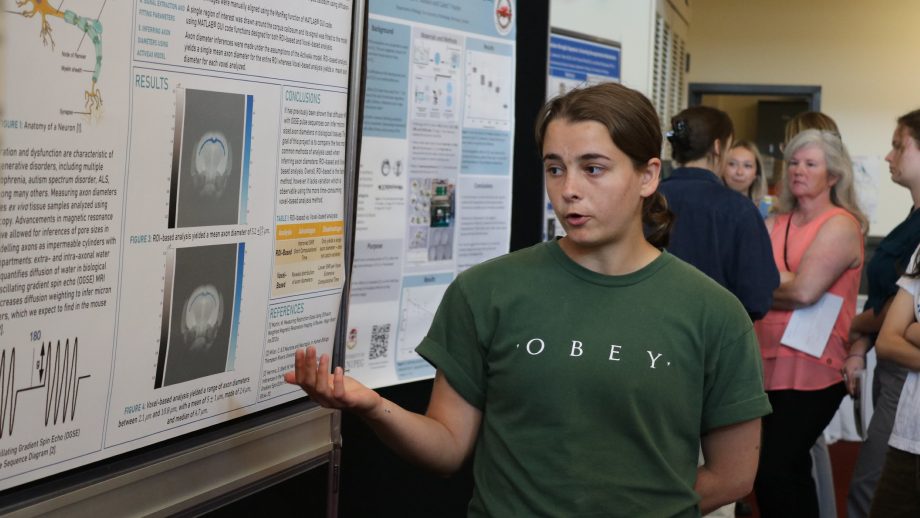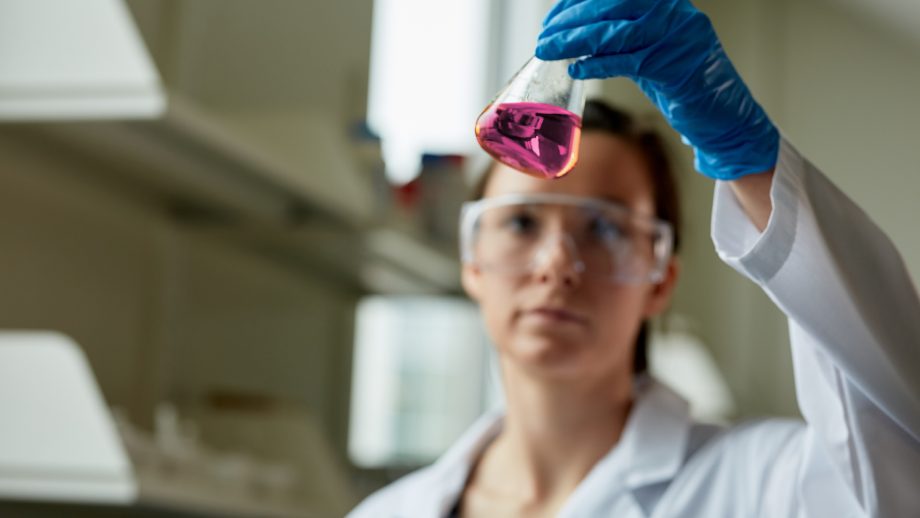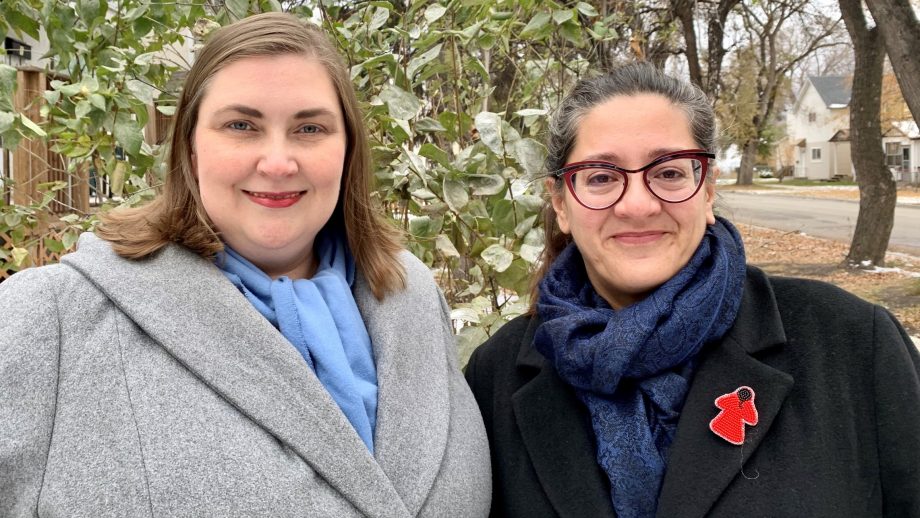Dr. Jaime Cidro is one of two University of Winnipeg researchers to be awarded funding from the Canadian Institute of Health Research (CIHR) as part of the Spring 2020 Project Grant competition. The other recipient is Dr. Mary Jane McCallum.
We understand that the voices and experiences of Indigenous people in Canada must be brought to the forefront as we look at new ways to enhance policy and services – towards creating a more inclusive Canada.
Terry duguid, MP, Winnipeg South
Cidro’s innovative partnership project addressing the need for an Indigenous doula service to support urban Indigenous women throughout their pregnancies has been awarded over $1 million from CIHR. In addition to CIHR funding, the project is supported by a $200k Social Sciences and Humanities Research Council of Canada (SSHRC) Partnership Development Grant.
She Walks with Me: Supporting Urban Indigenous Expectant Mothers Through Culturally Based Doulas, is a five-year project housed at the Aboriginal Health and Wellness Centre (AHWC). AHWC provides primary health services in Winnipeg through twelve programs governed by the Medicine Wheel Life Promotion Framework.
This project will benefit Indigenous women and their families by supplying culturally appropriate supports throughout their pregnancies, as well as helping Indigenous doulas, or birth workers, by offering the necessary administrative and training tools to support their work.
“Providing funds for Indigenous-led research projects are one of the ways that the federal Liberal government is moving forward with reconciliation,” said Terry Duguid, Member of Parliament, Winnipeg South. “We understand that the voices and experiences of Indigenous people in Canada must be brought to the forefront as we look at new ways to enhance policy and services – towards creating a more inclusive Canada.”
Community partnership supports Indigenous women
Lead partners on the project include AHWC, the First Nations Health and Social Secretariat of Manitoba (FNHSSM), and The University of Winnipeg, including Dr. Jaime Cidro, the Nominated Principal Applicant and Canada Research Chair in Health and Culture. Other collaborating organizations include ekw’i7tl doula collective, Ka Ni Kanichihk, Klinic Community Health Centre, Mount Carmel Clinic, The Winnipeg Boldness Project, and Women’s Health Clinic.
AHWC anticipates that this project will be a significant intervention for the populations they serve.
“The Aboriginal Health and Wellness Centre is honoured to pioneer the Urban Indigenous Doula project for Winnipeg,” said Della Herrerra, Executive Director of AHWC. “This important work is in collaboration with other urban community partners who stand with us to raise issues that impact Indigenous women and families. Collectively we push the agenda of actionable pursuits to tip the scale of health equity in a favourable direction of balance.”
Director of Primary Care Monica Cyr adds, “For AHWC, supporting expectant Indigenous women makes sense, feels right, and further aligns with our existing programs that support cultural birthing practices and foster healthy families.”
Doula research addresses health and social outcomes of birth-related travel
She Walks with Me builds on Indigenous doula research already conducted by Cidro and FNHSSM in three northern First Nations communities in Manitoba to address poor health and social outcomes for First Nations women who are forced to travel for birth. This current project aims to incorporate Indigenous knowledge systems to develop both an urban Indigenous doula service delivery model and a set of culturally appropriate data collection tools.
“The development of these tools will effectively inform organizations, decision makers, and policy development to improve the experiences and wellness of Indigenous women and families in pregnancy, birth, and post-partum,” says Cidro. “This cultural intervention is key to addressing the disparities in maternal wellness in Canada that are intertwined with colonization and the deeply rooted inequalities in socioeconomic status and health outcomes between Indigenous and non-Indigenous people.”
“This project embodies the true spirit of community research with outcomes contributing to better health and understanding of the needs Indigenous women and families as they journey through pregnancy, birth, and post-partum,” said Dr. Jino Distasio, Vice-President, Research and Innovation..
“Dr. Cidro and the many research collaborators bring a wealth of experience to this project. Dr. Cidro’s ongoing contributions to the field remain standout, not only in Winnipeg but Canada. She is an inspirational leader with the ability to bring people together,” he said.
Reclaiming Indigenous birthing knowledge
This project will not only respond to disparities in health and wellness but has the potential to reclaim Indigenous birthing knowledge and reconnect women to this vital aspect of their culture.
“I am very honored to continue working on restoring Indigenous birth knowledge and practice, through this project,” said Stephanie Sinclair, Project Co-applicant and Research Manager at FNHSSM.
“I am excited to work within the urban context of Winnipeg where so many First Nations people relocate to access supports and services not available in First Nations,” she said. “I know this opportunity will assist many families in Winnipeg over the next five years to access culturally supportive birth helper during pregnancy. It is really important for us to focus our efforts on prevention, strength-based, and proactive initiatives to improve health and wellness.”
Community partners will lead this project to ensure the research is driven by the needs of the urban Indigenous community organizations and the populations they serve. Development of these tools and models will generate dialogue on what it means to have self-determination in Indigenous health research.
The outcome of this project will be an Indigenous “made-in-Winnipeg” model that will support a larger doula program pilot and research project in the future.
Melissa Brown, a midwife with Manitoba-based team Zaagi’idiwin and a collaborator on She Walks with Me, observes, “As an Anishinaabe-Dine midwife, I recognize the intrinsic importance of Indigenous families centering culture and spirit during this important time of life. When our culture and traditions are at the centre, we can heal and strengthen our families and communities.”
The CIHR Project Grant program supports health-related research and knowledge translation projects across Canada. The full results can be viewed on the CIHR’s website.

